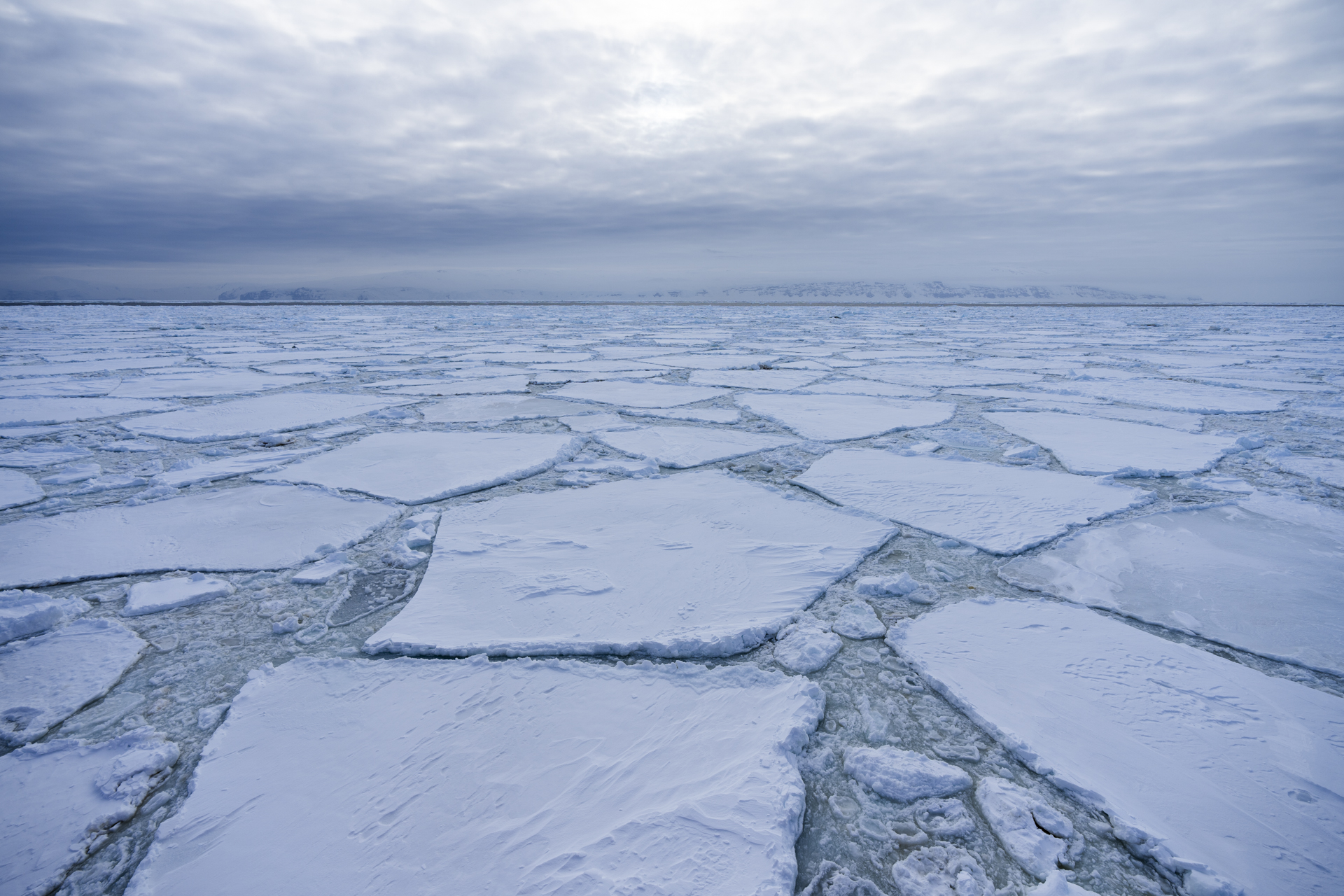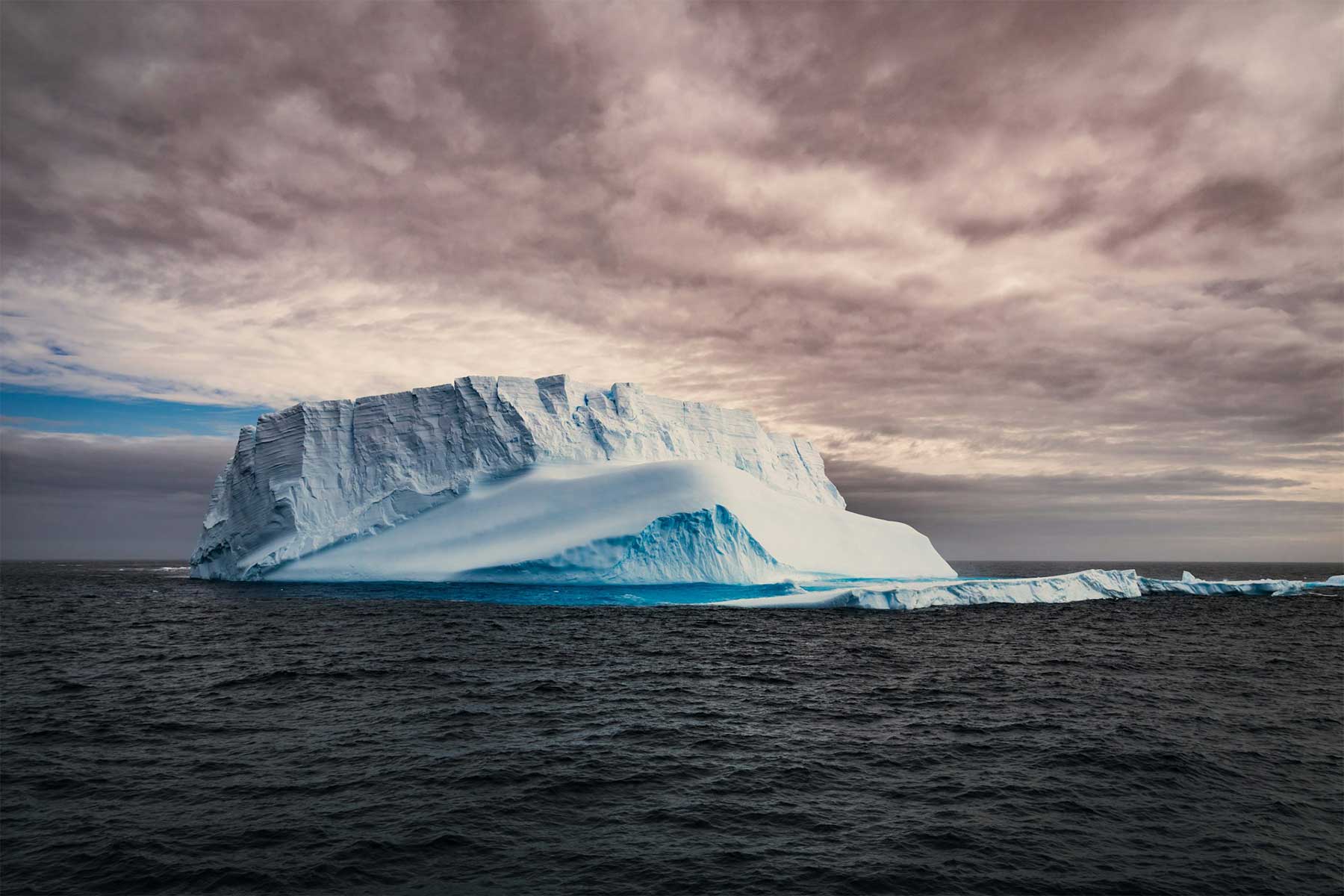Victoria University of Wellington included the Antarctic Sea-Ice Switch programme in their media release. Excerpt below:
Funding will support work on seven projects, including the “Antarctic sea-ice switch” programme that is investigating recent abrupt changes in the ice and what they may mean for the climate and sea-level rise.
The programme, which receives $13.6 m, aims to improve models used to forecast climate and sea-level changes.
“Since 2016, we’ve seen a sharp decline in Antarctic sea ice. This drop may be a critical signpost indicating that rapid change is now imminent,” says principal investigator Nancy Bertler, a professor of Earth Sciences at the University’s Antarctic Research Centre.
“In 2022, we saw a record-breaking reduction in sea ice. In 2023, the ice shrunk again—down a staggering 10 percent year-on-year. While 2024 looks like it will be slightly less extreme, we still see an extraordinary reduction in the extent of winter sea ice.
"The formation of sea ice is a critical engine that drives global ocean circulation, which in turn determines where heat is transported to, where we see floods, droughts, and heatwaves. It also influences how much carbon dioxide the oceans absorb from the atmosphere and contributes to the stability of ice shelves and hence influences sea-level changes.
“We need to understand what the abrupt drop in sea ice may mean for the climate, and for how and where we live. Crucially, we need to identify changes that will be unavoidable if we don’t curb carbon emissions. The sea-ice switch programme will help ensure we have the best scientific knowledge to do this,” Professor Bertler says.
The programme brings together researchers from several universities and other organisations both in Aotearoa New Zealand and overseas. Work will begin in October 2024 and run for five years.
Read the full media release here.



